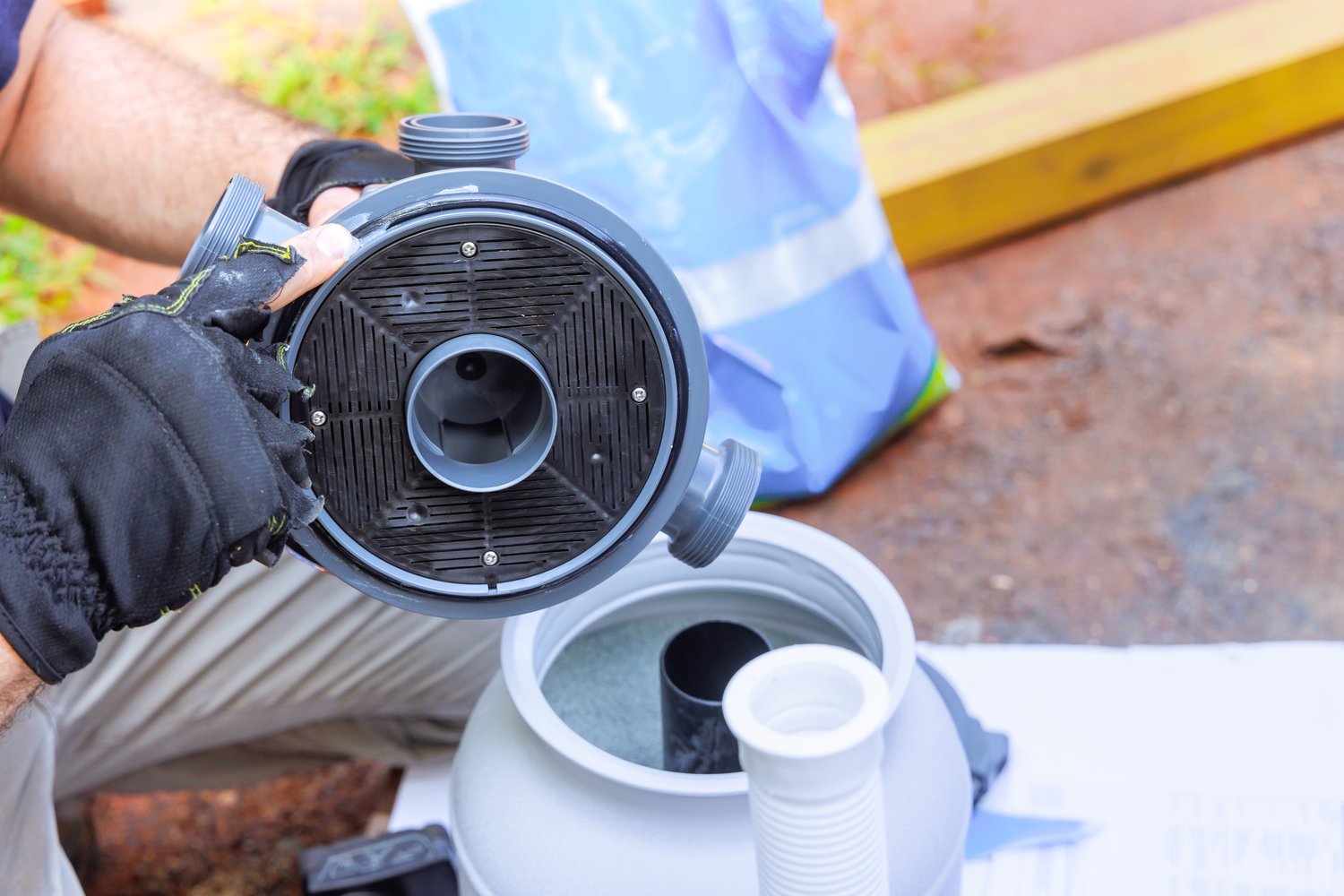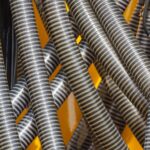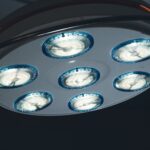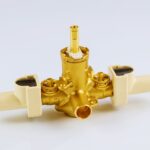Is your sump pump sounding more like a haunted house than a functional piece of equipment? Strange noises coming from your sump pump aren’t just annoying—they could be a sign that something’s wrong under the hood and might need your immediate attention. This guide delves deep into the world of sump pump sounds, uncovering what they mean and how to tackle them head-on.
- Explore the common culprits behind unusual sump pump noises, from debris blockages to motor mishaps.
- Learn how to decode different noise types, from grinding to rattling, to pinpoint potential issues.
- Discover practical solutions for diagnosing and fixing noise problems to keep your sump pump in prime condition.
Understanding the significance of these noises will empower you to take proactive steps in maintaining your sump pump’s efficiency and longevity. Dive into the article to uncover solutions that ensure a smooth and silent operation.
Common Causes of Sump Pump Noises: Why Is My Sump Pump Making Strange Noises? Troubleshooting Guide
Sump pump noises can be both perplexing and concerning, especially if you’re unsure about their origins. A variety of factors can contribute to these unusual sounds in your sump pump system. Understanding these causes is crucial for maintaining a well-functioning sump pump.
Debris Blockages: One of the most common causes of strange noises is debris blockage. Sediment, dirt, or foreign objects can clog the pump, leading to sounds such as grinding or screeching. Regular cleaning and inspection can help mitigate this issue.
Mechanical Issues: The pump motor is another frequent source of noise. Worn-out bearings, impellers, or motor failures can cause loud grinding or humming sounds. These mechanical issues often require prompt attention to prevent further damage.
Improper Installation: Sump pumps that are improperly installed may vibrate excessively or make rattling noises. Ensuring that the pump is securely mounted and components are correctly positioned can prevent these disturbances.
Airlocks and Water Flow: Air trapped in the discharge pipe can create a gurgling or bubbling sound. Similarly, interruptions in water flow due to obstructions or design flaws can lead to unusual noises. It’s important to check the pipe design and ensure smooth water passage.
Identifying Specific Noise Types
Recognizing the type of noise your sump pump is making is a vital step in diagnosing the problem. Each noise type can indicate different issues within the system, potentially pointing you toward the right solution.
Grinding Noises: If the pump produces a grinding sound, it may signal worn-out parts such as bearings or impeller damage. This often involves friction between moving components and requires immediate attention to avoid complete failure.
Rattling Sounds: Rattling usually points to a loose component within the pump or its housing. This could be due to parts like the check valve being unsecured. Tightening these components helps eliminate the rattle.
Clicking Noises: Clicking can often be traced back to electrical issues, such as a failing relay or switch. This sound suggests a problem with the activation or deactivation of the pump equipment. Electrical inspections and possible component replacements are advised.
By accurately identifying these noise types, you can efficiently address the root cause, ensuring the longevity and reliability of your sump pump system.
Diagnosing and Fixing Sump Pump Noise Problems: Why Is My Sump Pump Making Strange Noises? Troubleshooting Guide
Strange noises from a sump pump can be concerning, often indicating potential mechanical issues or blockages. To ensure the efficient operation of your sump pump system, begin by diagnosing the source of the noises. This involves a step-by-step process:
First, inspect the sump pit for any visible debris or obstructions. A clogged intake may lead to inefficient operation and unusual sounds. Remove any obstructions carefully to prevent damage.
Next, check the pump’s mounting. Loose mounts can cause vibrations that produce rattling or banging noises. Use a wrench to carefully tighten any loose bolts, ensuring the pump is securely in place.
Examine the impeller, as debris can sometimes block this component, leading to grinding or whining noises. If accessible, clean the impeller carefully or consult the manufacturer’s instructions for proper cleaning procedures.
Addressing smaller issues, such as realigning the discharge pipe, can help reduce vibration-related noises. Ensure the discharge pipe is correctly aligned and secure.
If these basic checks and fixes do not resolve the noise issue, consider seeking professional assistance. A plumbing specialist can conduct a thorough investigation to identify any deeper mechanical faults.
Incorporating these troubleshooting steps can significantly enhance your sump pump’s performance, minimizing noise and ensuring reliable water removal. Remember, regular maintenance is key to preventing noise-related issues and prolonging the lifespan of your sump pump.
For continued issues and to secure optimal performance, consulting with a professional plumber is advisable. They can provide insights into persistent problems and ensure the system operates efficiently, safeguarding your home against potential water damage.
Frequently Asked Questions About Sump Pump Noises
What causes a sump pump to make grinding noises?
Grinding noises usually indicate debris caught in the pump impeller or worn-out components.
Why does my sump pump rattle when it turns on?
Rattling can be caused by loose pipes or components that need tightening to prevent vibrations.
How can I stop my sump pump from clicking?
Clicking noises often result from the float switch. Ensure it’s positioned correctly and not obstructed.
Is a whining noise from my sump pump serious?
A whining noise could signal a motor problem. Checking oil levels or potential motor servicing might be required.
Can I fix sump pump noises myself?
Minor issues like debris removal can be DIY, but persistent problems should be addressed by a professional.





